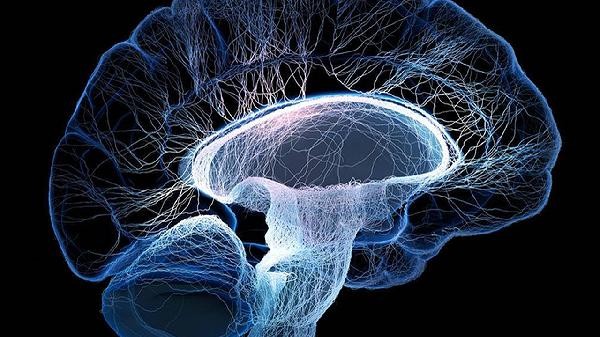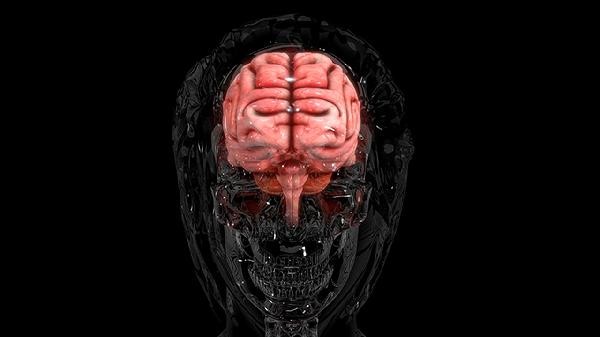Brain amnesia usually does not belong to the category of mental illness and is often caused by brain damage, psychological trauma, or neurological disorders. Mental illness mainly refers to diseases characterized by cognitive and emotional disorders such as schizophrenia and bipolar disorder, while amnesia is more related to memory dysfunction. Organic lesions such as traumatic brain injury, stroke, and Alzheimer's disease may lead to memory loss, which belongs to neurological disorders rather than psychiatric disorders. Patients may experience short-term or long-term memory impairment, but their thinking logic and emotional responses are relatively normal. Treatment should be targeted at the primary disease, such as using drugs to improve cerebral circulation, neurotrophic agents, or conducting cognitive rehabilitation training. In rare cases, psychogenic memory disorders such as dissociative amnesia may be accompanied by psychiatric symptoms, which fall within the scope of psychiatric diagnosis and treatment. Patients often experience selective forgetting after significant psychological stress, which may be accompanied by anxiety and depression. Psychological therapy combined with anti anxiety medication can help restore memory function, but it needs to be strictly distinguished from organic amnesia. Maintaining a regular schedule and moderate mental activity can help prevent memory decline, and foods rich in unsaturated fatty acids such as deep-sea fish and nuts can support brain health. If persistent memory impairment occurs, it is recommended to seek medical attention from a neurology or psychiatric department as soon as possible, and determine the cause through brain imaging examination and psychological evaluation. Early intervention can significantly improve the prognosis of most memory related problems.











Comments (0)
Leave a Comment
No comments yet
Be the first to share your thoughts!